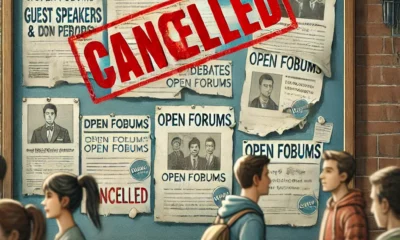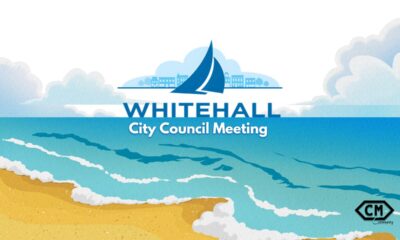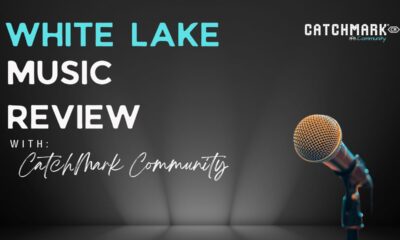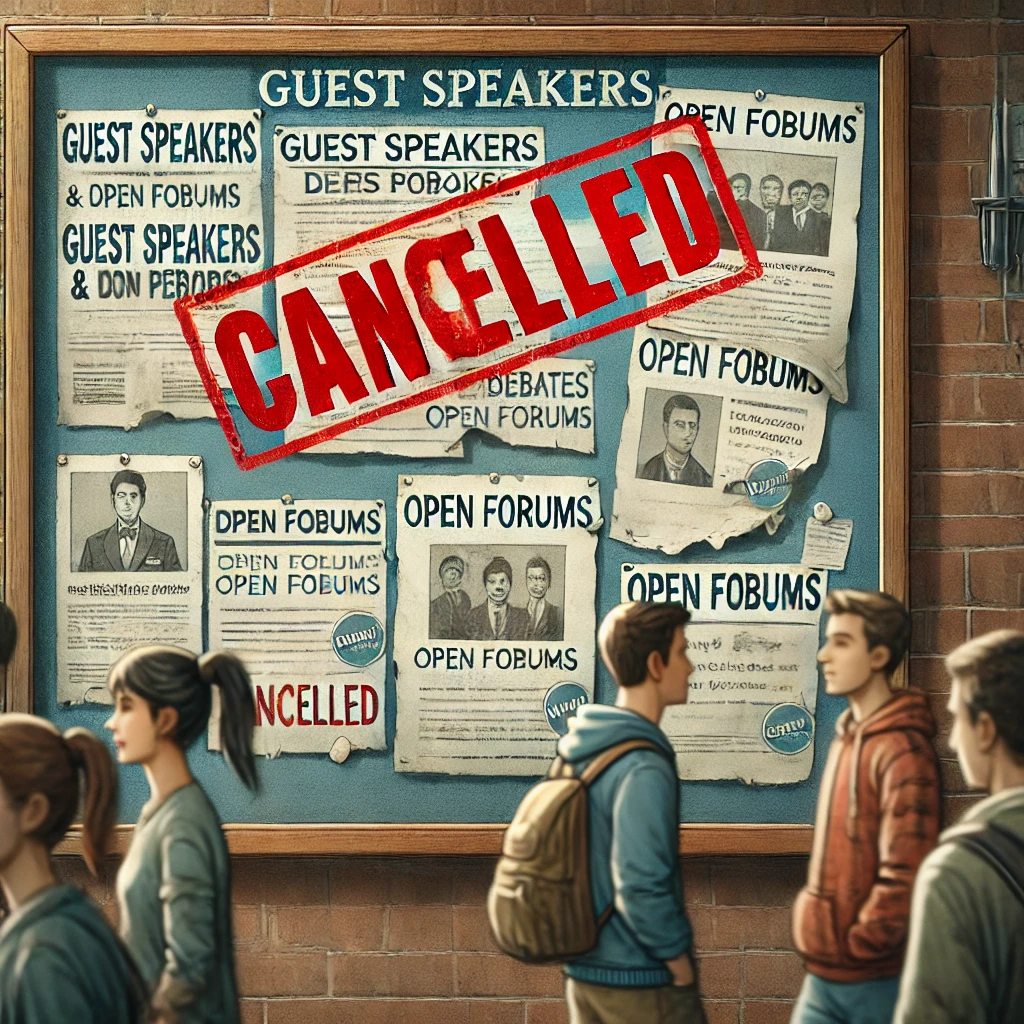
The university auditorium was packed but free speech was tabled. A guest speaker, invited to discuss controversial social issues, stepped onto the stage, only to be met with a chorus of boos. Signs declaring “No Platform for Hate” filled the room, and within minutes, the event was shut down. The speaker never got to utter a word.
Scenes like this have become increasingly common on college campuses and even in high schools. While free speech is a foundational principle of education, its presence in modern institutions is under threat. As Greg Lukianoff and Jonathan Haidt highlight in The Coddling of the American Mind, universities—once the epicenters of intellectual debate—are now struggling with censorship, self-censorship, and an increasing intolerance for dissenting viewpoints. The consequences of this shift extend far beyond the classroom, affecting society as a whole.
The Role of Free Speech in Education
Free speech is more than just a constitutional right; it is essential to learning. In an educational setting, students should be exposed to diverse perspectives, challenged by unfamiliar ideas, and encouraged to develop their own opinions. Historically, universities have been places where difficult conversations unfold, fostering critical thinking and intellectual resilience. However, the current climate suggests a departure from these values.
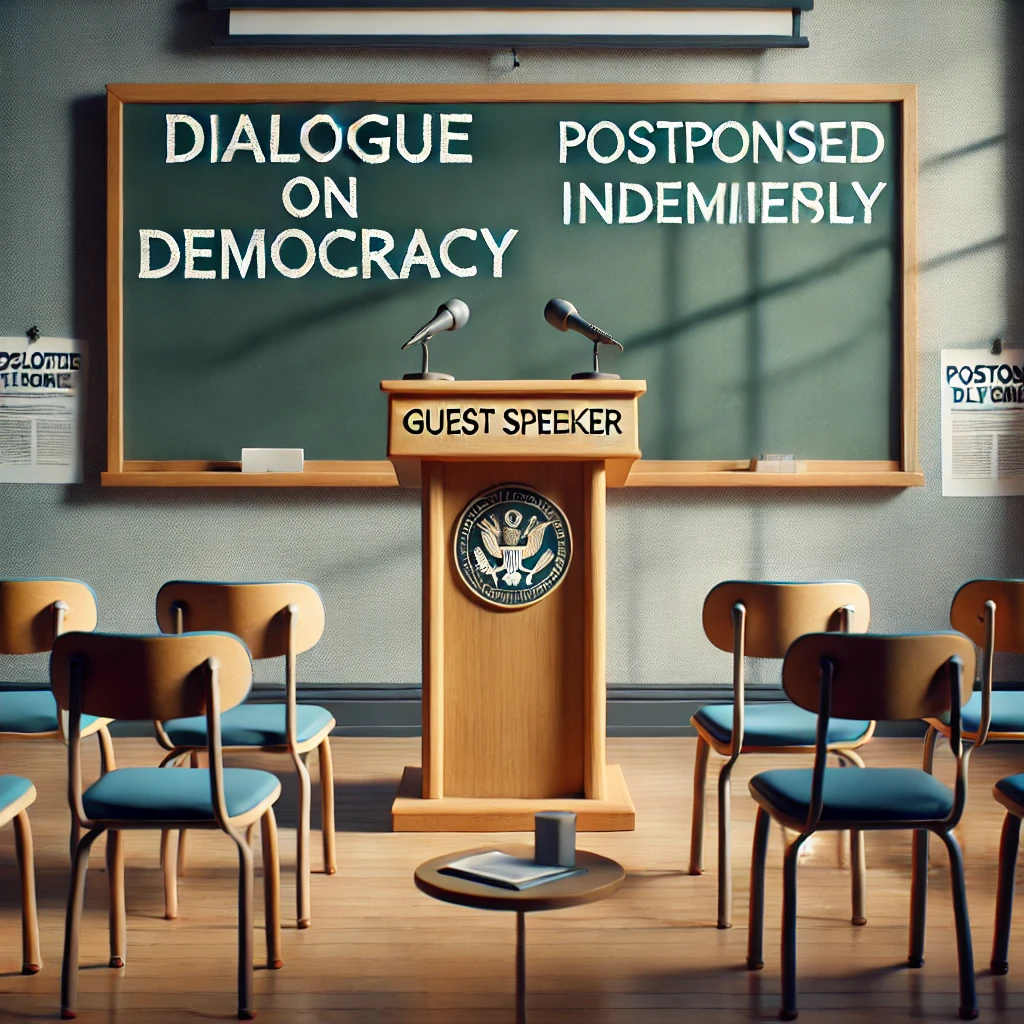
The Erosion of Free Speech
The decline of free speech in educational institutions has taken several forms:
- Disinviting Speakers – Universities have increasingly canceled guest speakers due to student protests, fearing backlash and controversy.
- Safe Spaces and Trigger Warnings – While intended to protect students from distress, these measures can sometimes shield them from engaging with complex or challenging topics.
- Speech Codes and Policies – Many institutions have adopted policies that limit what can be said on campus, often under the guise of maintaining a “harm-free” environment.
- Self-Censorship – Students and professors alike report feeling hesitant to voice opinions that might be considered unpopular, fearing social or academic repercussions.
The Consequences of Limiting Speech
Restricting free speech in educational settings has significant long-term effects:
- Stifled Critical Thinking – When students are shielded from differing viewpoints, they miss opportunities to refine their own arguments and challenge their assumptions.
- Intolerance for Dissent – A culture of ideological conformity discourages debate, leading to increased polarization and a lack of intellectual humility.
- Undermining Academic Integrity – The pursuit of truth requires open inquiry. Without it, research and learning suffer.
- Precedent for Censorship – When institutions normalize restricting speech, broader societal censorship becomes more acceptable.
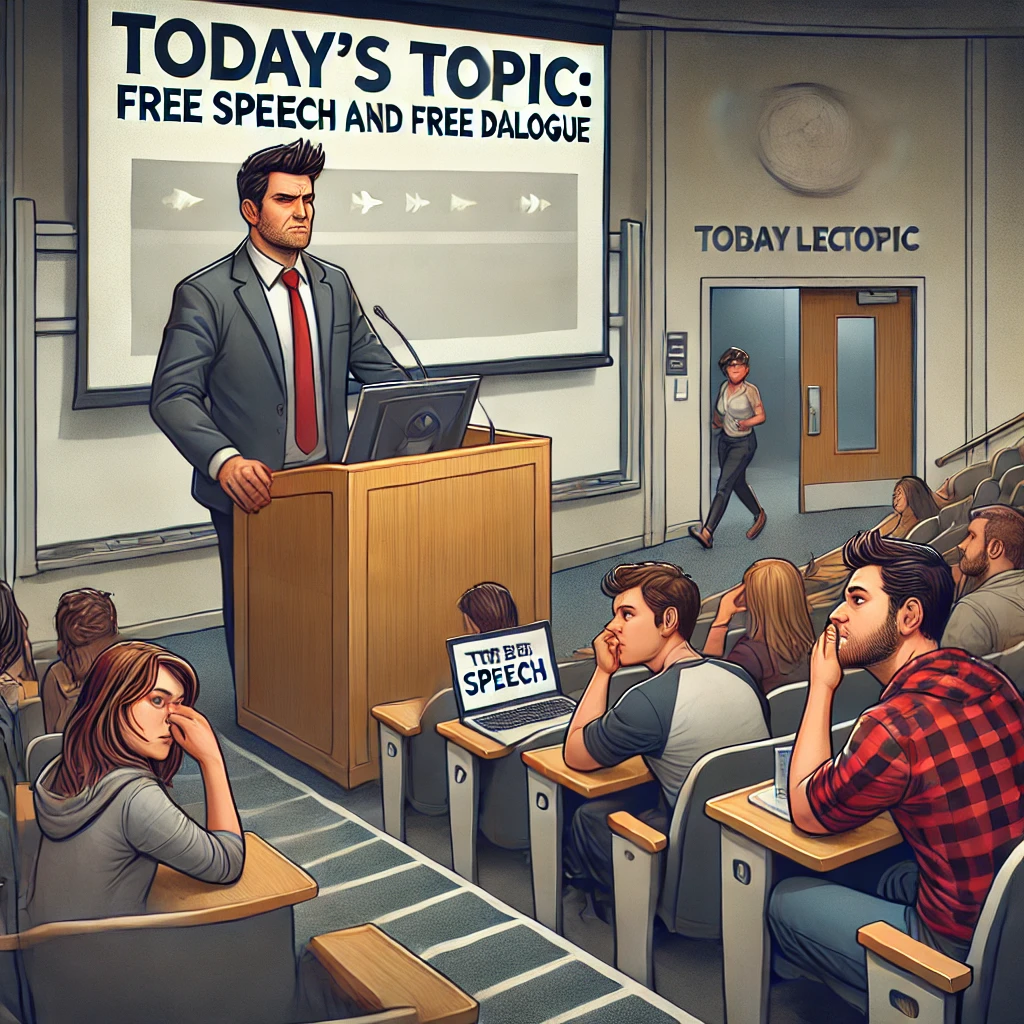
How to Reclaim Free Speech in Education
To restore a culture of open discourse, educational institutions must take deliberate steps:
- Encourage Viewpoint Diversity – Schools and universities should actively promote exposure to different perspectives and create spaces for civil debate.
- Defend Intellectual Freedom – Administrators must resist pressure to silence controversial voices, upholding the principles of academic freedom.
- Teach Resilience and Debate Skills – Instead of avoiding difficult topics, students should be taught how to engage constructively with opposing viewpoints.
- Revise Policies That Restrict Expression – Schools should ensure that speech codes align with First Amendment principles and do not unnecessarily limit free discussion.
Conclusion
Free speech in educational institutions is not just a legal issue; it is a cornerstone of learning and democracy. While concerns about harm and offense are valid, they should not come at the cost of open discourse. If universities and schools are to fulfill their role as places of intellectual growth, they must recommit to the principles of free speech and academic freedom.
This article is part of our series on The Coddling of the American Mind. Stay tuned for our next installment: The Path to Resilience: Solutions for a Healthier Generation.
Write something…
Brent is the Managing Partner of CatchMark Technologies and a seasoned technologist with over 25 years of experience in IT leadership, cybersecurity, and technical operations. He began his career serving in the U.S. Army, where he worked extensively with electronics—laying the foundation for his lifelong passion for technology and problem-solving. Brent holds a Certified Information Systems Security Professional (CISSP) certification and currently leads CatchMark’s Cybersecurity and Tech Support teams. Known for his strategic thinking and hands-on expertise, he excels in guiding secure, scalable solutions and driving innovation across complex technical environments.
Must See
-


Opinion
/ 1 day agoThe Decline of Free Speech in Educational Institutions: A Threat to Open Discourse
The university auditorium was packed but free speech was tabled. A guest speaker, invited...
By Brent Raeth -


Community
/ 1 day agoCity of Whitehall Council Meeting Recap – June 10, 2025
The City of Whitehall Council met on June 10, 2025, to discuss a range...
By Kara Raeth -


Community
/ 2 days agoSummer Kick-Off Party to Support Whitehall Athletics
Get ready for a night of family fun, games, and community spirit—the 2nd annual...
By Amy Yonkman
